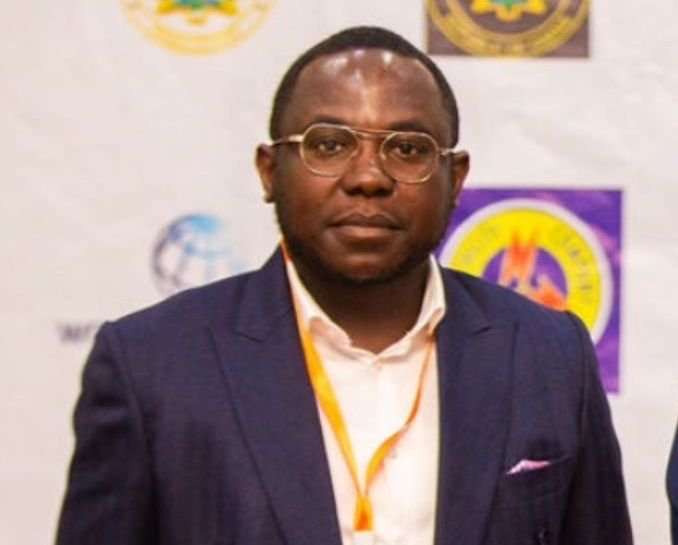
By Prince Adjei – (Guy Gee)
Mining of mineral resources has continued to support the Ghanaian economy for many years. In 2023 alone, it yielded more than $482 million to Ghana’s GDP.
However, a certain dimension of the mining sector has caused and continue to cause devastation to the very environment in which we live. That is illegal mining of gold to be specific.
Illegal mining, popularly known as galamsey in Ghana and its activity, has ravaged serious havoc in the the country for years. The worrying situation now is the destruction of other natural resources including water bodies, forest reserves, cocoa farms and the general ecosystem.
The government of Ghana regulates mining activities through the Minerals Commission. Data from the Commission indicates that, over the last 12 years, activities of illegal mining have intensified. The Minerals Commission as part of its mandate, issues licenses for Small Scale and Artisanal Mining operations to individuals and companies.
Small Scale Mining in its broad and strict sense, has been beneficial to the country. It currently provides jobs to over 4.5 million Ghanaians. It contributes about 40% of mineral exports and 10% of total exports.
However, some operators and other people hide behind Artisanal and Small Scale Mining, the perpetrate evil against the natural resources. Water bodies including well known Rivers like the River Pra and River Birim have been polluted to such an extent that, farmers along these water bodies now carry water from home for chemical application.
The Ghana Water Company has warned that, if illegal mining, popularly known as galamsey is not curtailed, it will be impossible to get potable water for treatment for the populace.
There are various stakeholders and authorities to the galamsey problem resolution but the major one is the government. Governments from various regimes in one way of the other, have supervised the issuance of licenses to Small Scale Mining operators as required by the law. Notwithstanding, how have regulations and regularisation been effected? Recent attempts have been done by governments to institute regulatory measures against the menace. In former president Mahama’s term, through the Ministry of Lands and Natural Resources, his administration used state security to cramp down on those who were flouting the mining regulations.
Prior to the year 2020, the Akufo-Addo’s administration said he would put his presidency on the line to fight the problem. He deployed various task forces including the military, to various illegal mining sites particularly on water bodies, to deal with the illegal operators. In some cases, excavators belonging to individual illegal miners were burnt.
The question that still remains is that, why have all these measures not yielded the expected results towards ending galamsey?
Have key political leaders helped in the fight or their actions and inactions emboldened the galamseyers?
For instance, not too long ago, the M.P. for Effiduase/Asokore Constituency in Ashanti region, Hon. Dr. Ayew Afriyie was seen in a video saying they would not stop galamsey because, some individuals have used the menace to set a trap for them.
In a related development, Mr. Kwaku Boahen, a well known NDC communicator, together with a former Minerals Commission boss, Tony Aubyn, was seen in a viral video, at a galamsey site promising the illegal miners that they would let them go back and do the illegal activity should they vote for the NDC.
All such behaviours from our political leaders with careless abandon from their leaders, tend to embolden galamseyers and it undermines the efforts being advanced by stakeholders to end the problem.
Causes of the illegal mining(galamsey)
1. Failure to fully enforce the mining laws by state authorities and this runs across regimes.
2. Ineffective political will and the commitment from state authorities
3. Illegal miners blackmail governments that they will vote against their party if they fight the galamsey problem.
4. Some traditional authorities remain calous when they see illegal mining going on, on their lands.
5. Poverty and inadequate jobs to absorb illegal miners.
6. The capricious attempt by some individuals to make rich overnight without recourse to environmental protection.
7. State bodies such as the Environmental Protection Agency(EPA) supposed to ensure protection of the ecosystem, have relaxed their supervision
8. Infiltration of the small Scale Mining sector by unscrupulous individuals who have not been licensed.
Other stakeholders intervention
The illegal mining activity is whole area with a long chain and hence, connects many stakeholders.
First of all, it should be understood that, the land tenure system in Ghana mandates at least, three main entities to own land.
They include the state(government)- state lands, traditional authorities(stool lands) and family lands.
In this case, it is not only the government that has a stake in the fight.
Traditional chiefs, families, individuals also have a stake and role to play.
Religious bodies, churches, the clergy, civil society groups, labour unions, student organisations among others, all owe it a duty in combating the galamsey menace.
There are instances for instance where some paramount chiefs have warned to allow galamsey go on in their backyard and it has worked perfectly in fighting it.
Community members in some areas have also prevented galamseyers from operating on their lands.
Effects of illegal mining(galamsey)
1. Pollution of other natural resources and water bodies and this has been more pronounced in recent years.
2. Loss of farm lands as well as food and cash crops
3. Reduction in the production of cash crops example cocoa
4. Addition of dangerous chemical like mercury and other heavy metals used for illegal mining, poses a serious health hazard to the population
5. Risk of export ban of certain crops from EU and other countries due to presence of poisonous chemical traces.
6. Loss lands meant for other development
Proposed solutions to the galamsey menace
1. Governments should streamline the issuance and regularisation of licenses to prospective small Scale miners
2. There should be constant and standby military forces ready for deployment on emergency galamsey problems.
3. The paramount chiefs in various traditional areas should ensure that, mining companies in their areas operate appropriately without destruction of water bodies.
4. In cases where mining on lands smacks of galamsey and threaten the environment and have the potential to cause environment degradation, the traditional chiefs and the families should prevent such operations without waiting for government’s deployment from Accra.
5. Families and stool lands should be protected such that, galamseyers do not get access to do their activities there.
6. Political party leaders especially their presidential candidates, should be made to show commitment to the fight and present their blueprint on how they intend to deal with the problem if voted into power.
This should be done by compelling them to a debate solely organised for this.
7. Curriculum from basic level of education to tertiary levels, should apportion a space for the study of illegal mining in Ghana.
8. Institutions like the Ghana Cocoa Board, whose operation faces serious impact of illegal mining, should be further empowered by creating a special security unit for it to deal with galamsey directly.

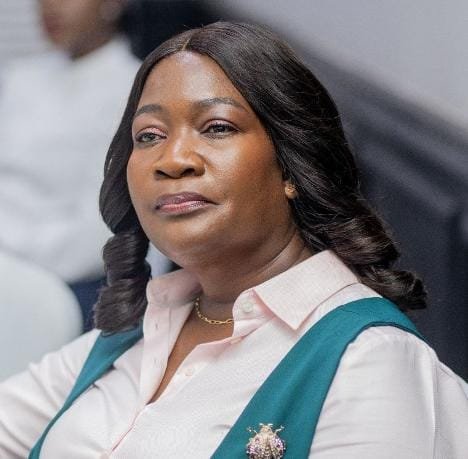
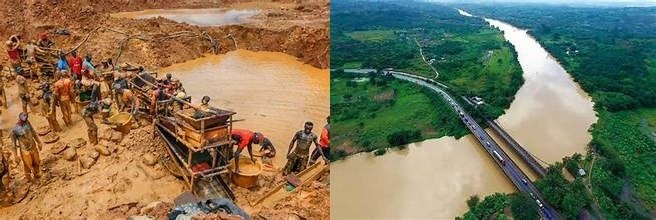
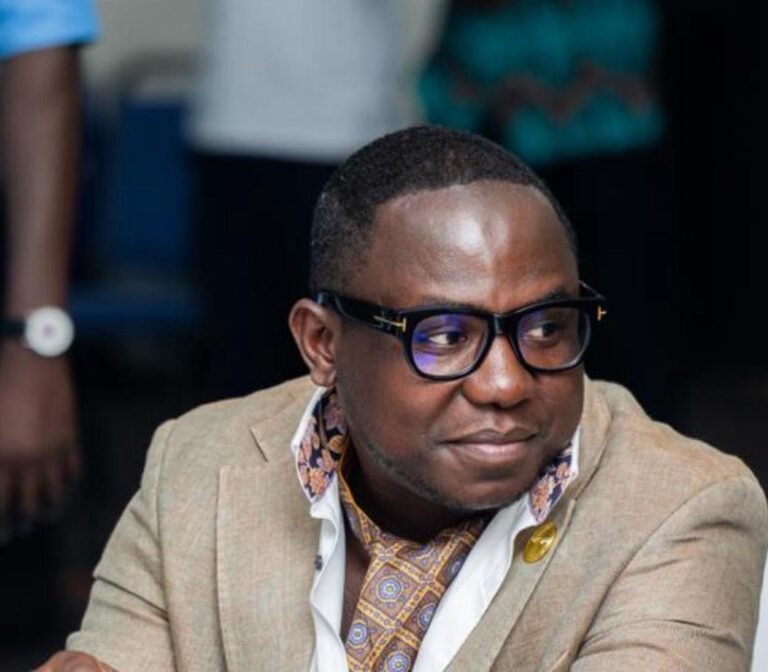



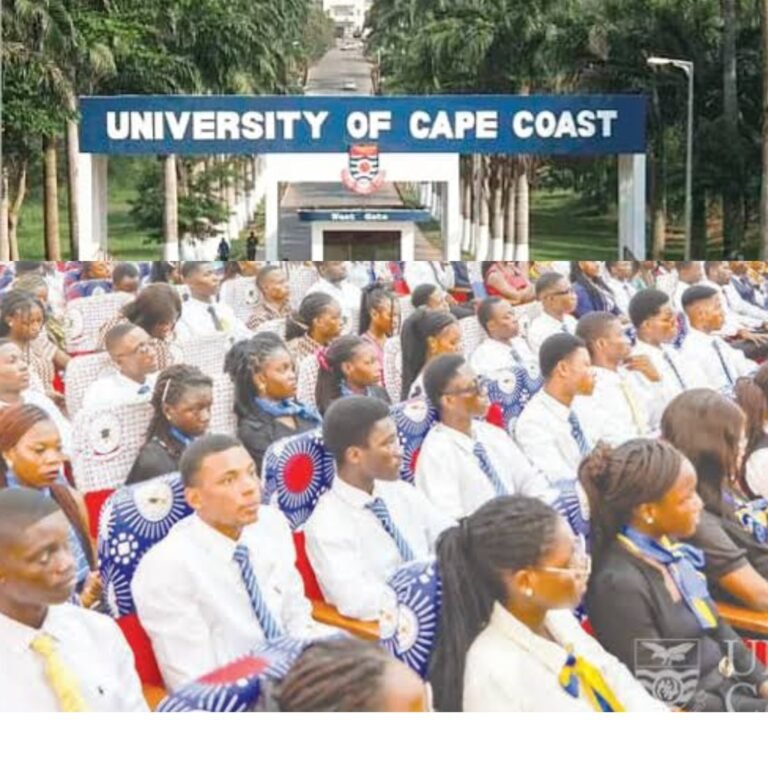
Solid one. Kudos. Well stated.